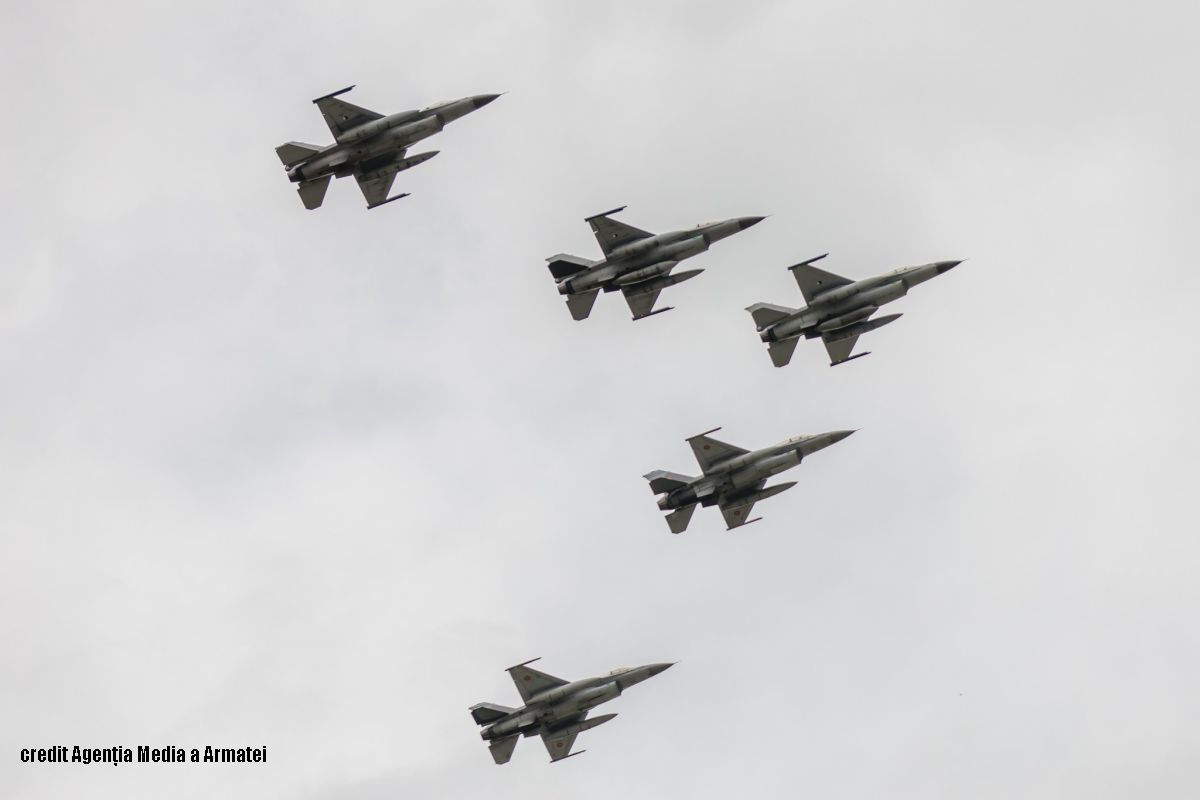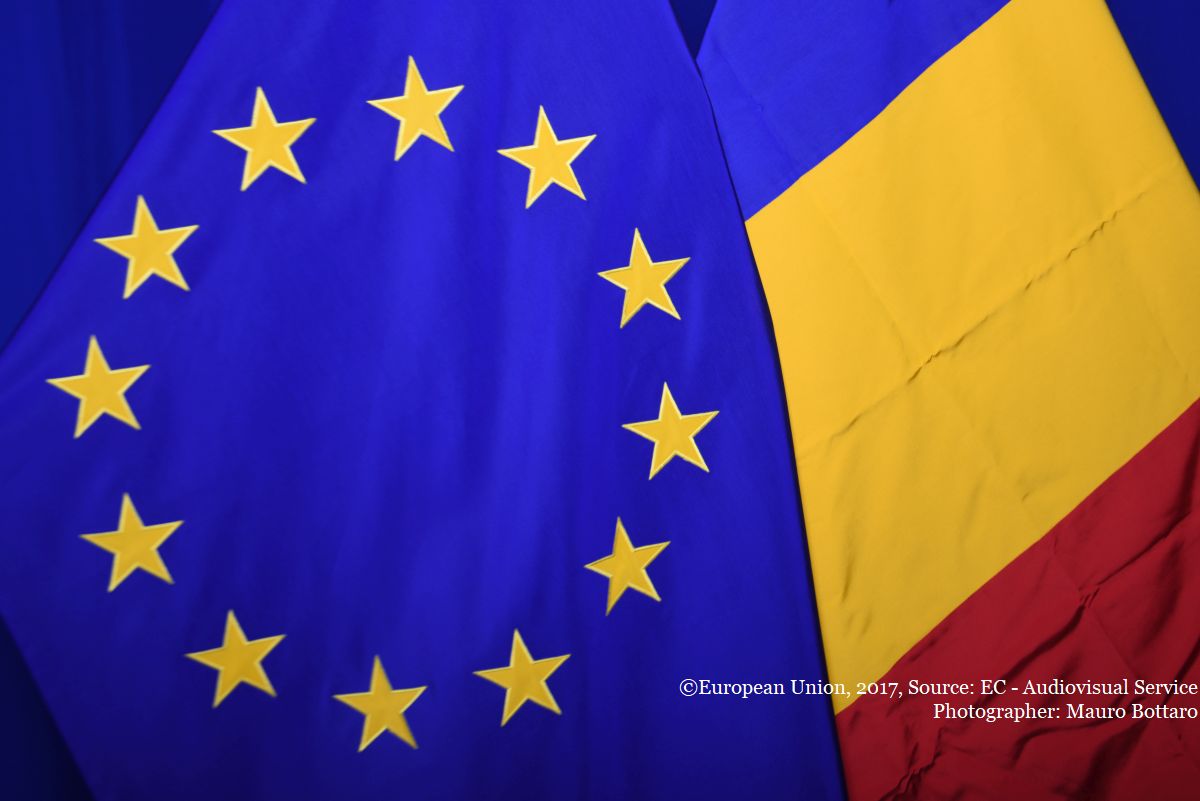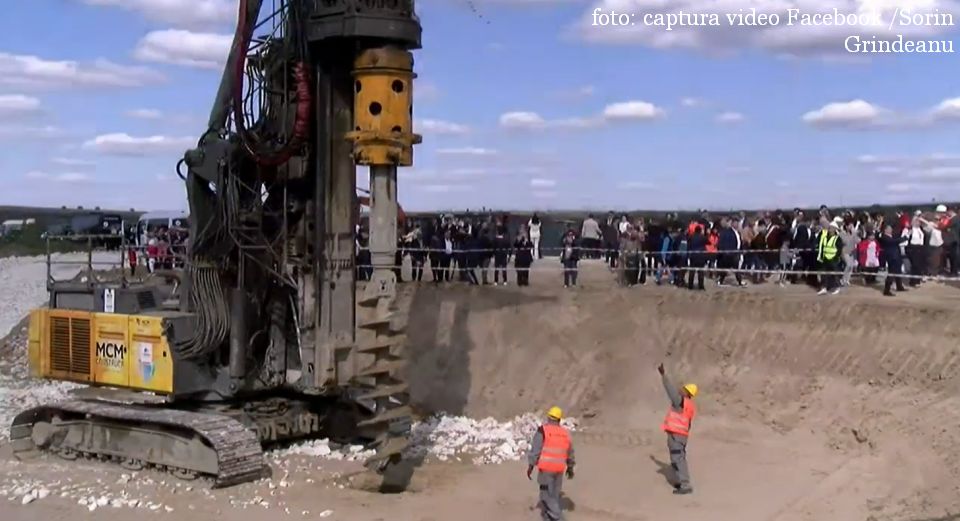Romanian Films Awarded in Berlin
This year, too, Romanian films have won prizes at the Berlin International Film Festival.

Roxana Vasile, 22.02.2016, 13:49
The refugee crisis was the prevalent theme of this 66th International Film Festival in Berlin, the first major event of the year for the cinema industry. Traditionally rooted in the current political reality, the festival is at the same time a platform for human rights activists to make their voice heard. While last year the grand prize went to “Taxi” by the Iranian dissident Jafar Panahi, this year it was an Italian documentary focusing on the refugees arriving to Europe that won the prestigious “Golden Bear”: “Fire at Sea,” directed by Gianfranco Rosi and shot on Lampedusa Island.
Without off-camera commentary, “Fire at Sea” documents the parallel daily lives of the Italian locals and of the thousands of migrants who set out from Northern Africa, sail in disastrous conditions and many even die at sea, trying to reach the “promised land.” The Silver Bear, which was last year presented to a Romanian film, “Aferim!” by Radu Jude, in 2016 went to the French director Mia Hansen-Love for her film “LÁvenir” (The Future), which tells the story of a philosophy teacher played by the well-known Isabelle Huppert. But Romanians did not go home empty handed from Berlin this year either. “Illegitimate,” the fourth feature directed by Adrian Sitaru and presented in the “Forum” section of the Festival, won the award of the International Confederation of Art House Cinemas.
One of the most thought-provoking Romanian films of the past few years, “Illegitimate,” which will premiere in Romania on March 18, tells the story of an illegitimate affair and of the thin line between absolute truth and hypocrisy. Adrian Sitaru himself told us more about it:
“First of all, this is a film about a family with four children, two of whom are twins. It is also about an incestuous love affair, about life and death. I don’t want to give you more details, I wouldn’t like to spoil it for the people who plan to watch it.”
The director also said a few things about how the film was shot:
“After we presented the circumstances to the participants, we gave them the freedom to do whatever they would do in real life, and see what happens. We shot as much as we needed to, and then we edited the material, much like a documentary.”
Another Romanian production, the short film “A Night in Tokoriki” by Roxana Stroe, won the special prize in the “Generation 14Plus” section devoted to young directors. The film is set in an improvised disco called “Tokoriki,” where an entire village celebrates the 18th birthday anniversary of Gianina. Her boyfriend is about to give her an unexpected present, which no one will ever forget.
(Translated by Anamaria Popescu)






























